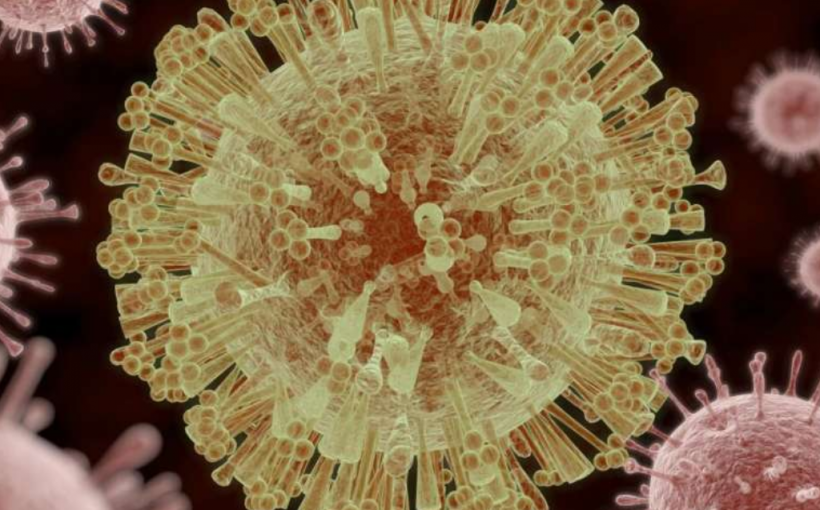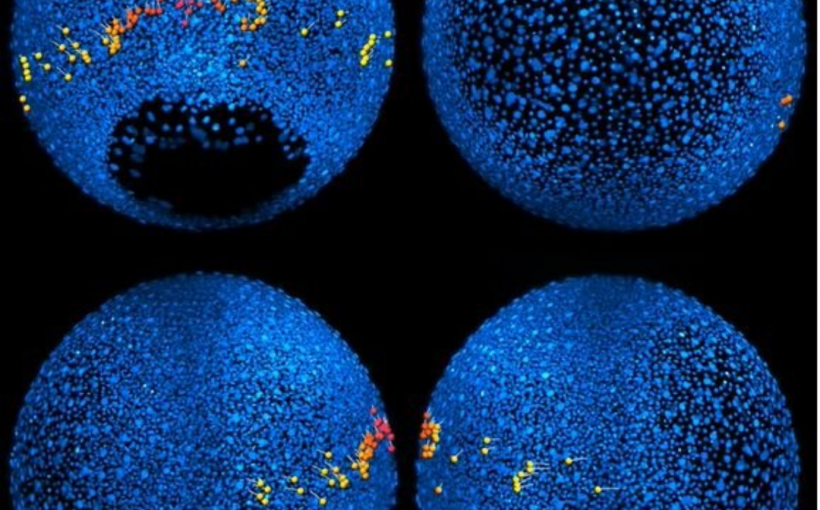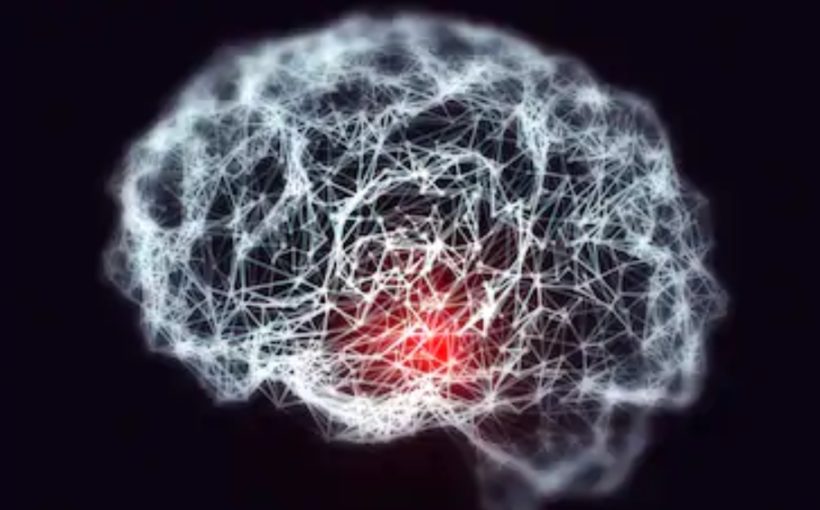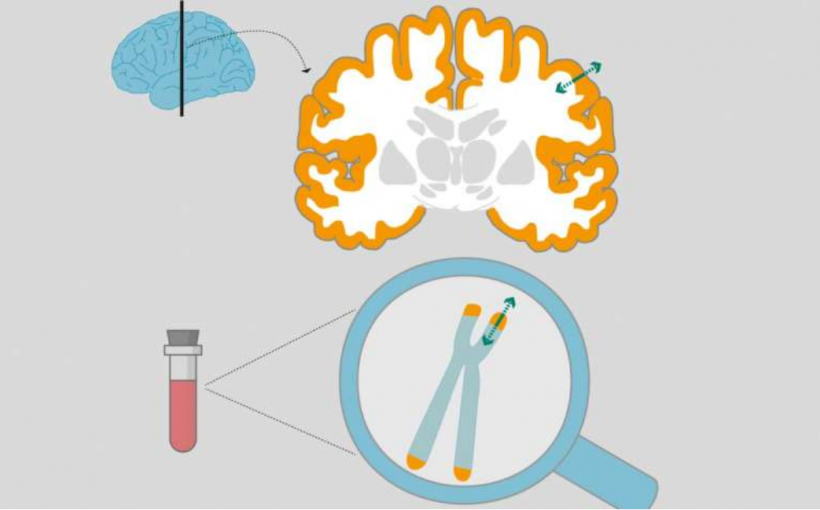Researchers from Oxford’s Department of Zoology and the Instituto Nacional de Investigação em Saúde in Luanda, followed up on reports

stay healthy…

Researchers from Oxford’s Department of Zoology and the Instituto Nacional de Investigação em Saúde in Luanda, followed up on reports
Imagine cancer treatment without chemotherapy, radiation or surgery. Just a small aspirin-like pill. Sound like magic? That’s because it kind

Neurons, take your places. The cells that eventually become neurons must first travel across the embryo to reach their final destinations in

Investigators at the Stanford University School of Medicine have pinpointed a molecular defect that seems almost universal among patients with

Telomeres are the protective caps of our chromosomes and play a central role in the aging process. Shorter telomeres are

Scientists have confirmed for the first time that bacteria can change form to avoid being detected by antibiotics in the

Parkinson’s disease PD is a slowly progressive disorder that affects movement, muscle control, and balance. It is the second most

Mount Sinai researchers have identified elemental signatures in baby teeth that are unique to attention-deficit/hyperactivity disorder (ADHD), autism spectrum disorder,
Myelodysplastic syndrome (MDS), one of the most common blood cancers, has very few treatment options. Now, researchers at Cold Spring

Men who became fathers through assisted reproduction techniques seem to be at higher risk for prostate cancer and early onset